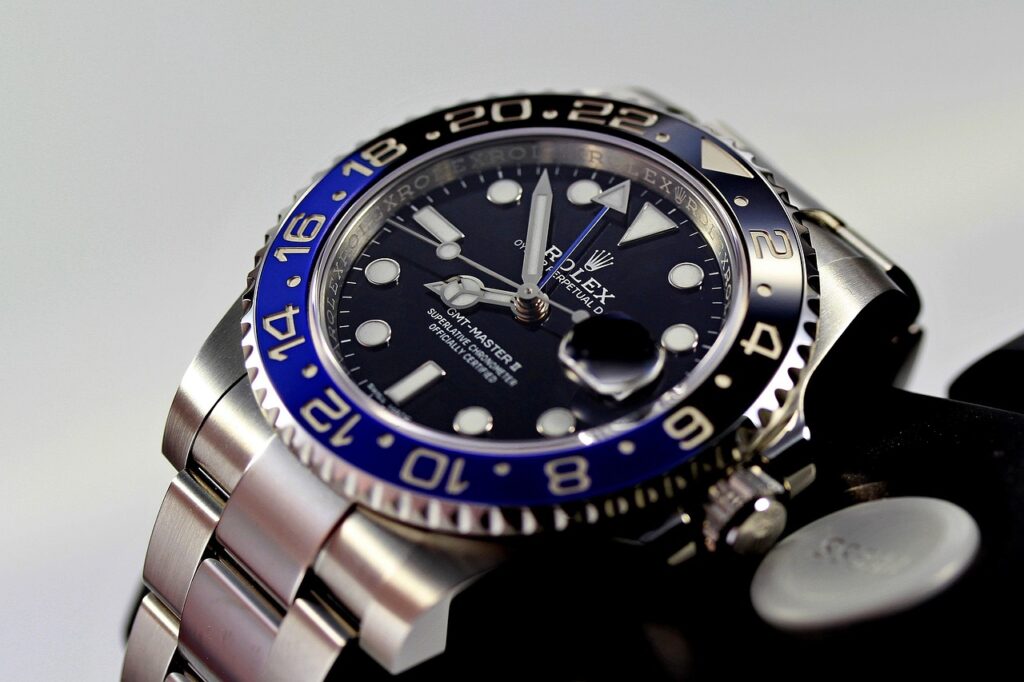Rolex’s unexpected diplomatic moment
Rolex’s quiet move from luxury symbol to diplomatic actor reveals a surprising twist in how influence is negotiated in today’s shifting global landscape.

Switzerland’s luxury-watch industry, usually associated with glamour rather than geopolitics, found itself under pressure when the United States imposed a steep 39% import tariff on Swiss timepieces, far higher than the EU’s 15%. For a sector that relies heavily on the American market, the threat was severe enough to prompt even the most discreet brands to take action.
In this unusual moment, Rolex, often seen as the quiet custodian of Swiss craftsmanship, stepped onto the diplomatic stage in a way rarely seen from a private company.
At the centre of this shift was Jean-Frédéric Dufour, Rolex’s reserved CEO, whose advocacy blurred the line between lobbying and statecraft. His meetings with President Donald Trump, first at the US Open and later in the Oval Office, bore a resemblance to high-level bilateral engagements more than corporate outreach.
Reports of a gold Rolex desk clock offered as a symbolic gift underscored how the brand relied on soft power rather than aggressive lobbying, using prestige to shape conversations and open political doors. As Jovan Kurbalija notes in his blog, this fusion of corporate, gift, business, and even sports diplomacy marks a striking new tactic in global influence.
The rise of ‘Rolex diplomacy’ signals a broader trend in which multinational brands act as geopolitical players in their own right. As supply chains become increasingly politicised and tariffs are used as a strategic tool, companies with global cultural influence can subtly reshape access and influence through symbols rather than policy arguments.
A luxury watch cannot negotiate a trade deal, but it can create the informal moments of trust and recognition that diplomacy often relies on. Rolex, once simply a maker of coveted timepieces, now stands as an unexpected diplomatic actor, its role ticking forward as global trade enters a new era where branding and statecraft increasingly overlap.
Would you like to learn more about AI, tech and digital diplomacy? If so, ask our Diplo chatbot!
